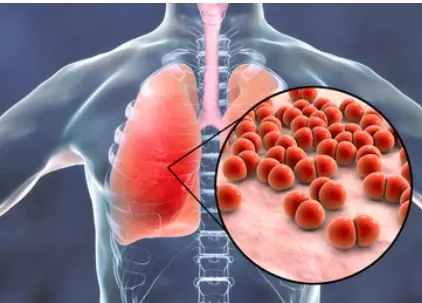 Welcome
Welcome
“May all be happy, may all be healed, may all be at peace and may no one ever suffer."
- A
- B
- C
- D
- E
- F
- G
- H
- I
- J
- K
- L
- M
- N
- O
- P
- Q
- R
- S
- T
- U
- V
- W
- X
- Y
- Z
Lichen planus - Generics
Lichen planus is an inflammatory skin condition that can affect different parts of the body, including the skin, mucous membranes, nails, and hair. It is characterized by small, flat-topped, polygonal bumps that may be itchy and may have a distinctive pattern of fine white lines or scales on them. The exact cause of lichen planus is not known, but it is thought to be an autoimmune disorder in which the body's immune system attacks its own tissues.
Lichen planus may affect the skin on the arms, legs, or trunk, as well as the mucous membranes in the mouth, throat, genitals, and anus. In the mouth, lichen planus can cause painful sores or ulcers, and in severe cases, it can lead to difficulty eating or speaking. Lichen planus can also cause nail problems, such as thinning, ridging, or splitting of the nails, and hair loss on the scalp.
Treatment for lichen planus depends on the location and severity of the condition. Mild cases of lichen planus on the skin may not require treatment, but topical corticosteroids or other medications may be prescribed for more severe cases. For lichen planus in the mouth, topical or systemic corticosteroids may be prescribed, as well as other medications such as retinoids or immunosuppressants. In some cases, light therapy (phototherapy) or laser therapy may also be used to treat lichen planus.
Lichen planus is usually a self-limited condition, but it can be chronic and may require ongoing treatment and monitoring. It is important to see a healthcare provider if you have symptoms of lichen planus or if you have any concerns about your skin or oral health.

Idiopathic thrombocytopen...

Chronic bronchitis

Cracked feet

Degenerative diseases

Atrial flutter

Contraception

PMI

Pulmonary hemorrhage
Lichen planus, লিকেন প্লানাস
To be happy, beautiful, healthy, wealthy, hale and long-lived stay with DM3S.